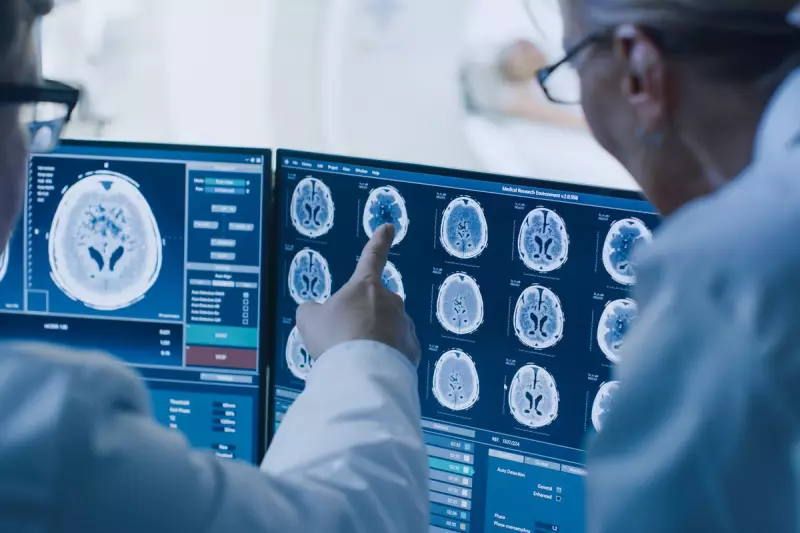
In a medical breakthrough that could transform stroke rehabilitation across Britain, Scottish researchers have developed an artificial intelligence tool capable of predicting patients' recovery prospects with remarkable accuracy.
The pioneering technology, created by experts at the University of Glasgow, analyses brain scans taken within days of a stroke to forecast arm movement recovery six months later. Clinical trials have demonstrated an impressive 80% accuracy rate, offering new hope for the 100,000 Britons who suffer strokes annually.
How the AI Revolutionises Stroke Care
Unlike traditional assessment methods that rely on subjective clinical evaluations, this cutting-edge AI examines detailed MRI scans to identify specific patterns and damage in brain structures. The system processes this information through sophisticated machine learning algorithms to generate personalised recovery predictions.
Professor Christine Caldwell, the study's lead author from Glasgow's Institute of Neuroscience and Psychology, emphasised the significance: "This technology provides clinicians with unprecedented insights into each patient's potential recovery trajectory, enabling more targeted and effective treatment plans from the very beginning."
Transforming Patient Outcomes and NHS Efficiency
The implications for the National Health Service are substantial. By accurately identifying patients who may require intensive rehabilitation early in their treatment journey, healthcare providers can:
- Allocate resources more effectively
- Reduce unnecessary treatments
- Improve overall patient outcomes
- Lower long-term healthcare costs
Current recovery predictions often rely on clinical assessments that can be subjective and imprecise. This AI tool offers objective, data-driven insights that could revolutionise how stroke care is delivered nationwide.
The Future of AI in British Healthcare
While further validation is needed before widespread NHS implementation, the research team is optimistic about the technology's potential. The tool represents one of the most promising applications of AI in UK healthcare to date, combining advanced neuroscience with cutting-edge computer science.
As the NHS continues to embrace digital transformation, such innovations could significantly improve outcomes for stroke patients while optimising the use of limited healthcare resources. The Glasgow team's work positions Britain at the forefront of medical AI research, with potential applications that could extend beyond stroke care to other neurological conditions.





